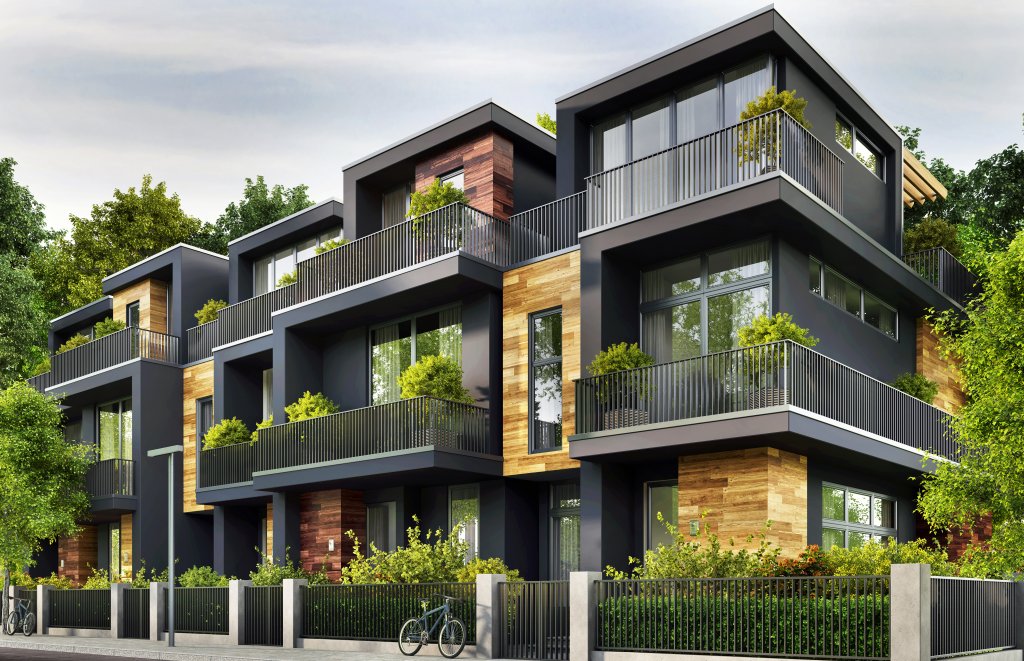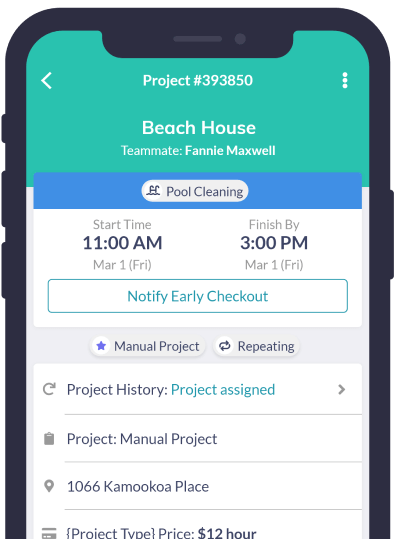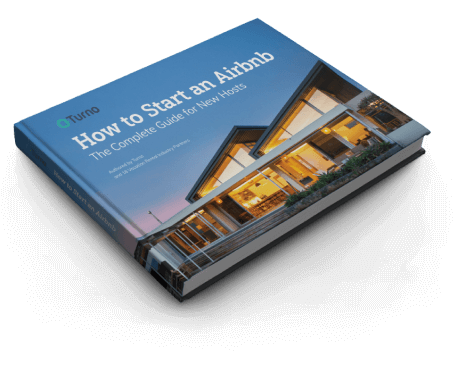Lever or Deadbolt?
Whether your smart lock employs a deadbolt or lever mechanism depends on personal preference and the use case for each rental property.
Deadbolts require a more precise installation process to ensure that the extending deadbolt aligns perfectly with the door’s strike plate. Levers use a spring latch and are typically more forgiving with minor strike-plate alignment issues.
Most often, your decision between a smart deadbolt or lever is determined by the existing lock you are replacing. If your existing door has a separate lever and deadbolt, the easiest change will be to upgrade the deadbolt lock and leave the existing lever lock in place.

Wi-Fi or Z-Wave?
Wi-Fi and Z-Wave are two of the most popular connection technologies for smart locks on the market today. Smart locks employing Wi-Fi connect directly to the internet just like other common devices do (smartphones, computers, streaming devices, etc.).
Wireless means just what you think — no wires or cables needed to connect to the internet. Your internet router(s) broadcasts a Wi-Fi signal around your property, and the Wi-Fi-enabled smart locks directly connect to this signal.
On the other hand, Z-Wave smart locks require a gateway to connect to your Wi-Fi network. These types of locks come with a hub that works as a bridge from the smart lock to your Wi-Fi network.
Z-Wave works on a completely different radio frequency that won’t interfere with your Wi-Fi signal. Z-Wave is known as a mesh technology because the more Z-Wave products you have, the stronger the network.
Some vacation rental owners opt for Wi-Fi smart locks for their wireless simplicity. Other owners who are incorporating smart-home technology (lights, sensors, thermostats, etc.) like the mesh technology of Z-Wave.
Just remember: With Z-Wave, guests may have a tendency to unplug the hub and break the connection to the lock unless you give them explicit instructions and they actually read and remember them.
Offline Locks
What if your property is in a remote location or the Wi-Fi is just not reliable? Smart locks employing algorithmic PIN codes like ReadyPIN are a good solution. For example, by using a cloud-based access control software, you simply create the access schedule you need and the software creates a PIN code specific to the lock and the desired schedule.
When the PIN is entered into the lock, the lock verifies the code via its built-in algorithm to allow access based on the schedule embedded in the PIN. Because the PIN code itself is encrypted with all the access permissions needed, ReadyPIN-enabled smart locks do not ever need to connect online to validate the access credential.
Now, you can bring remote access control capabilities to any door, with or without a Wi-Fi network connection.

PIN Codes
As an Airbnb host, you’ll manage a lot of guests over the course of a year. Make sure your chosen smart lock can store a reasonable amount of PIN codes. Some locks have limited storage for codes, as low as 10 PINs, while others store thousands at a time.
Just remember, if the storage is limited, you’ll need to be more diligent about removing old guest codes unless you are using a software platform like RemoteLock which can queue the codes until just before each reservation.
Weather & Fire Ratings
Not every smart lock is built for all weather conditions. Those vacation rental hosts with properties in coastal or mountain climates should consider smart locks with the appropriate weather-resistance rating.
Look at each lock’s IP (International Protection or Ingress Protection) ratings, which define the levels of sealing effectiveness of electrical enclosures against foreign bodies like water or dirt.
Lastly, if you’re installing a lock within a building with certain fire codes or standards, you may need to conform to a lock grade or fire rating.

Software: The Smarts in Your Smart Lock
Just remember, smart locks are “smart” because they connect to the cloud and employ software to give you remote control functions and more. Without this software, your smart lock is not much better than a traditional lock. Choose wisely and with an eye toward the future.
You may have just one rental property now, but growing your business is very possible given the strength of the hot vacation rental market.
Unlike many software solutions today that are tied to proprietary hardware, RemoteLock offers universal access control or software that works with many of the most popular brands of smart locks. This ensures you can pick a lock that’s optimal for your application today (price, brand, aesthetics, etc.), and also have the flexibility in place to adapt to whatever the future brings.
For more details on choosing the right keyless entry security system, investigate popular groups on Facebook and LinkedIn. You’ll find dozens of peer-operated groups on either of these popular networking sites in which owners ask questions about managing rentals and members contribute their knowledge.
You can also reach out to an access control expert like those at RemoteLock, who’ve worked with tens of thousands of vacation rental hosts to choose the right access control solution, including smart lock recommendations.







